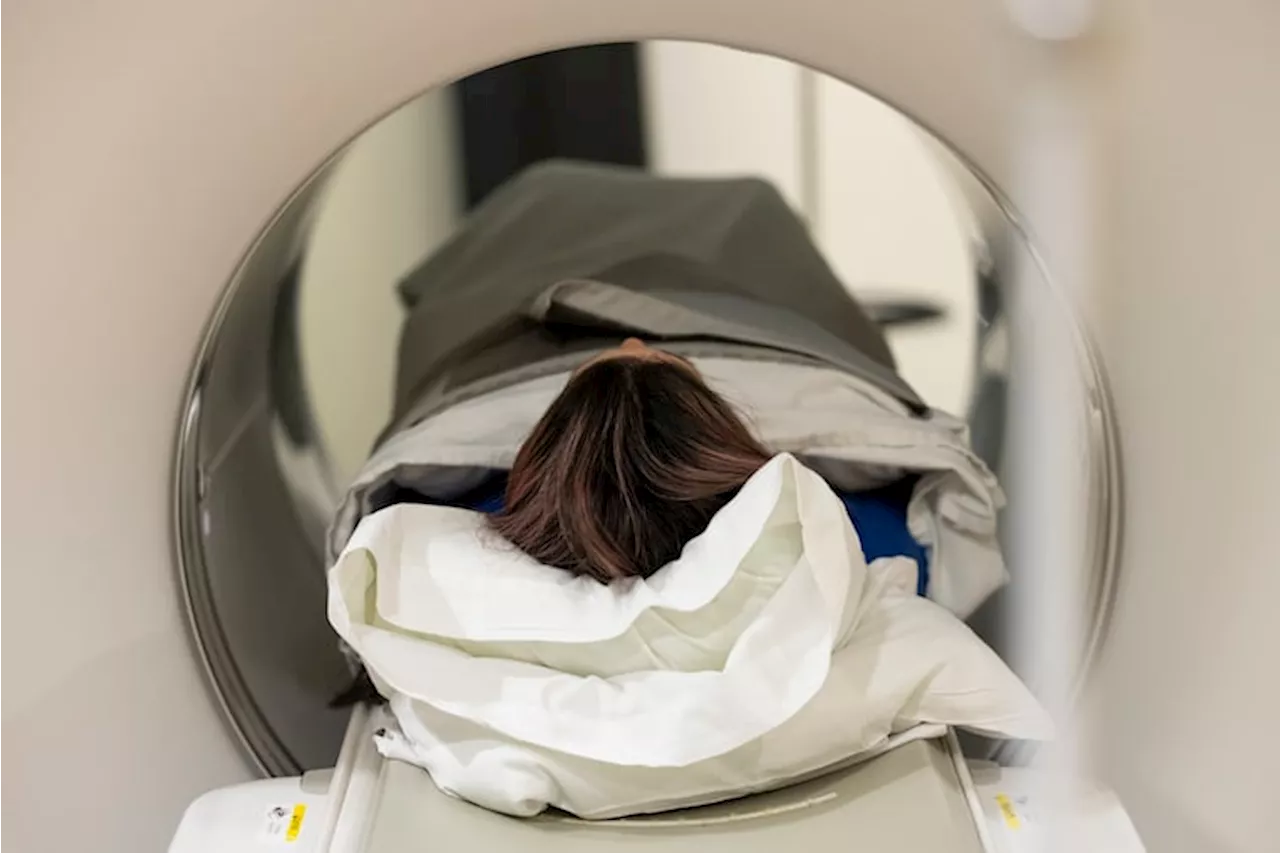
Researchers at Mass General Brigham have discovered that olezarsen, a drug aimed at lowering triglyceride levels, significantly reduces the risk of acute pancreatitis in patients with severe hypertriglyceridemia. The findings were presented at the American Heart Association Scientific Sessions and are published in The New England Journal of Medicine. This research highlights the drug’s potential as a vital treatment option for individuals with dangerously high triglyceride levels.
Acute pancreatitis is a serious condition that can arise from severely elevated triglyceride levels, which affect approximately one in 100 people in the United States. The condition involves inflammation of the pancreas and can lead to life-threatening complications. The trials, known as CORE-TIMI 72a and CORE2-TIMI 72b, evaluated the safety and effectiveness of olezarsen in a diverse group of 1,063 participants across 33 countries who were already receiving lipid-lowering therapy.
Dr. Nicholas Marston, a cardiologist with the Mass General Brigham Heart and Vascular Institute and lead author of the study, expressed optimism about the results. “These findings support olezarsen’s potential to become a cornerstone therapy for severe hypertriglyceridemia, particularly for preventing a serious and potentially life-threatening condition,” he stated. The emphasis on prevention reflects a broader trend in medicine, where early intervention can lead to better health outcomes.
Participants in the trials received monthly injections of olezarsen, either 50 mg or 80 mg, or a placebo for a duration of 12 months. In a subset of 590 patients who had both baseline and follow-up measurements, over 85% of those administered olezarsen saw their triglyceride levels drop below 500 mg/dL. In contrast, only 35% of the placebo group achieved similar results.
The studies tracked the incidence of acute pancreatitis events, reporting a total of 29 occurrences. The results revealed that the incidence in the pooled olezarsen groups was only 1.1 per 100 patient-years, while the placebo group experienced a far higher rate of 6.2 per 100 patient-years. This translates to an impressive 85% relative risk reduction for those receiving olezarsen.
Ongoing research will further assess the long-term effectiveness and safety of olezarsen through an open-label extension study. The implications of these findings could be significant for patients struggling with severe hypertriglyceridemia, providing a new avenue for prevention against acute pancreatitis.
As the medical community continues to explore innovative treatment options, studies like these underscore the importance of rigorous clinical trials in developing therapies that not only address symptoms but also prevent serious complications. The ongoing investigation into olezarsen reinforces a commitment to enhancing patient care and improving outcomes for those at risk.
For more detailed information, refer to the study published by Dr. Nicholas A. Marston and colleagues in the January 2025 issue of The New England Journal of Medicine.






